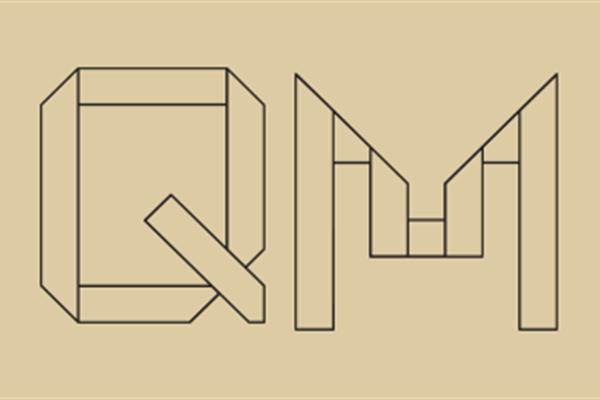
Abstract:
Classically, finite symmetries are captured by the action of a finite group. Moving to the quantum world, one has to allow for (possibly non-invertible) quantum symmetries — these are instead captured by the action of a more general algebraic structure, known as a fusion category. Such quantum symmetries are actually ubiquitous in mathematics; for example, given a category with an action of a finite group G (e.g. rep(Q), Coh(X) etc.), its G-equivariant category has instead the action of the category of representations rep(G), where rep(G) has the structure of a fusion category (and is not just a group when G is non-abelian).
The aim of this talk is to introduce fusion categories and discuss their role as “quantum symmetries” in relation to Bridgeland’s stability conditions. We first introduce a generalised notion replacing “G-invariant stability conditions” in the setting of a triangulated category equipped an action of a fusion category C, which we will “C-equivariant stability conditions”. The first result is that these stability conditions form a closed submanifold of the stability manifold, just as the G-invariant stability conditions do. Moreover, given a triangulated D with a G-action, so that its G-equivariant category D^G has a rep(G)-action, we will see the following (Morita) duality result for stability conditions: the complex manifold of G-invariant stability conditions (associated to D) is homeomorphic to the complex manifold of rep(G)-equivariant stability conditions (associated to D^G).
If time allows, I will discuss other more “exotic” actions of fusion categories on triangulated categories, and possibly its relation to Coxeter theory.
This is part of joint work with Hannah Dell and Anthony Licata.
- Organizer: Centre for Quantum Mathematics
- Address: Campusvej 55, 5230 Odense M
- Contact Email: qm@sdu.dk
- Add to your calendar: https://eom.sdu.dk:443/events/ical/88f0fcd3-7793-46d5-9a1a-9c869b63c121